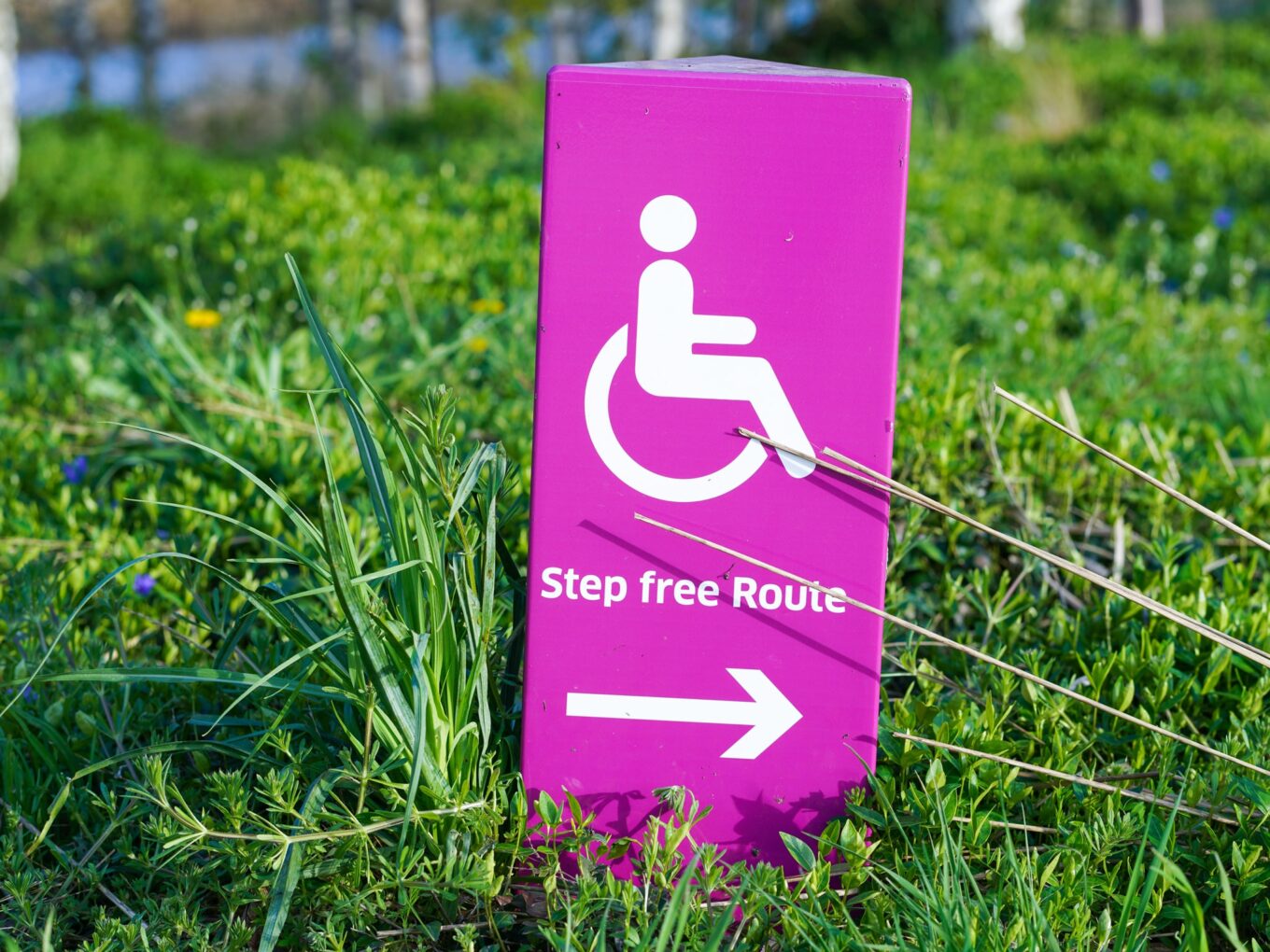Filing a Long Term Disability claim can be a complicated process. Here are five tips we give all of our clients to make sure they’re on the right track.
Tip 1: Keep Detailed Records
Unfortunately, in the insurance world there’s no such there as, “I’ll just take your word for it.” Every step along the way things will have to be documented in writing. Whether it’s with doctor’s notes, medical evaluations, medical records, or mailed correspondence, it’s vitally important to keep a file on anything pertaining to your long-term disability claim. Create a file at home or scan everything into a computer so you have one centralized location where all relevant documentation can be easily found.
Tip 2: Review Your Summary Plan Description (SPD)
Whenever you sign up for a long-term disability insurance plan, you should receive a Summary Plan Description (SPD). This will include information on where to file, what to file, and who to contact with questions. You should understand the details of your policy before you file as there could be important details that, if overlooked, could lead to a denied long term disability claim.
Tip 3: Filing your Long Term Disability Claim

When you’re filing a claim it’s really important to be sure your application gets where it needs to go. We advise sending the claim via certified mail with a return receipt requested so you can know that your letter was received and know who received it. The law requires that benefits be paid within a reasonable time frame after a claim is approved, but it doesn’t specify a specific time limit. Generally, your insurance company must make a decision within 45 days of receiving a claim with some exceptions.
Sadly, there are times when claims get denied. Insurance companies are trying to turn a profit and one of the primary ways they keep costs down is by finding reasons to deny certain claims. The law requires that they provide a detailed explanation of why your claim was denied. If their determination disagrees with the documented opinion of a medical professional or with a previous determination from the social security administration, they are required to provide an explanation. They must provide a basis for the denial with specific references to the details of your plan, and they must provide a description of the appeals process.
Tip 4: How to Appeal a Denied Claim
If your long term disability claim is denied, don’t worry. There is always an appeals process available to you. When you appeal, you have an opportunity to present additional evidence, so take advantage of this opportunity. Don’t just send a letter in that basically says, “I appeal.” You must raise all issues and grounds for appealing a claim denial at every stage of the appeal, or they will be deemed permanently waived.
Typically, after a denial you have 180 days to appeal a claim. In your appeal, you will want to provide evidence and arguments that address the specific reasons for the denial outlined in the denial letter. The law requires that the person who reviews your appeal be different than the person who denied your claim in the first place. They cannot deny your claim based on new evidence or rational not previously provided to you in writing either in your denial letter or in subsequence correspondence. If new evidence is generated like a new opinion from a medical professional, it must be provided to you with sufficient time to respond before any deadlines.
Tip 5: Seek Legal Advice
Long-Term Disability is governed by the Employee Retirement Income Security Act of 1974 (ERISA). This is a complicated area of law that often requires a professional to help you understand how provisions in the law might apply to your particular case. You will most certainly want to consult an attorney If you plan to seek a review of your denial in court. If you have questions about Long-Term Disability and Long-Term Disability denial, call Joe at (785) 370-0001.
You can find additional information about ERISA and injury claims at dol.gov.
Need Help?
Free Denial Letter Review
Get your denial letter for long-term disability reviewed for free.

